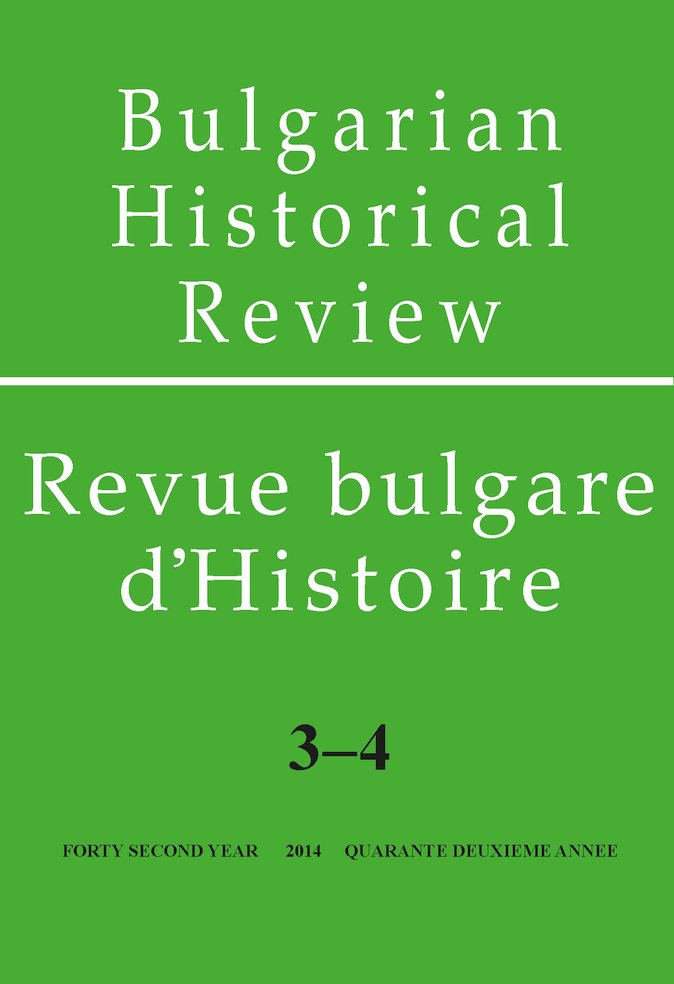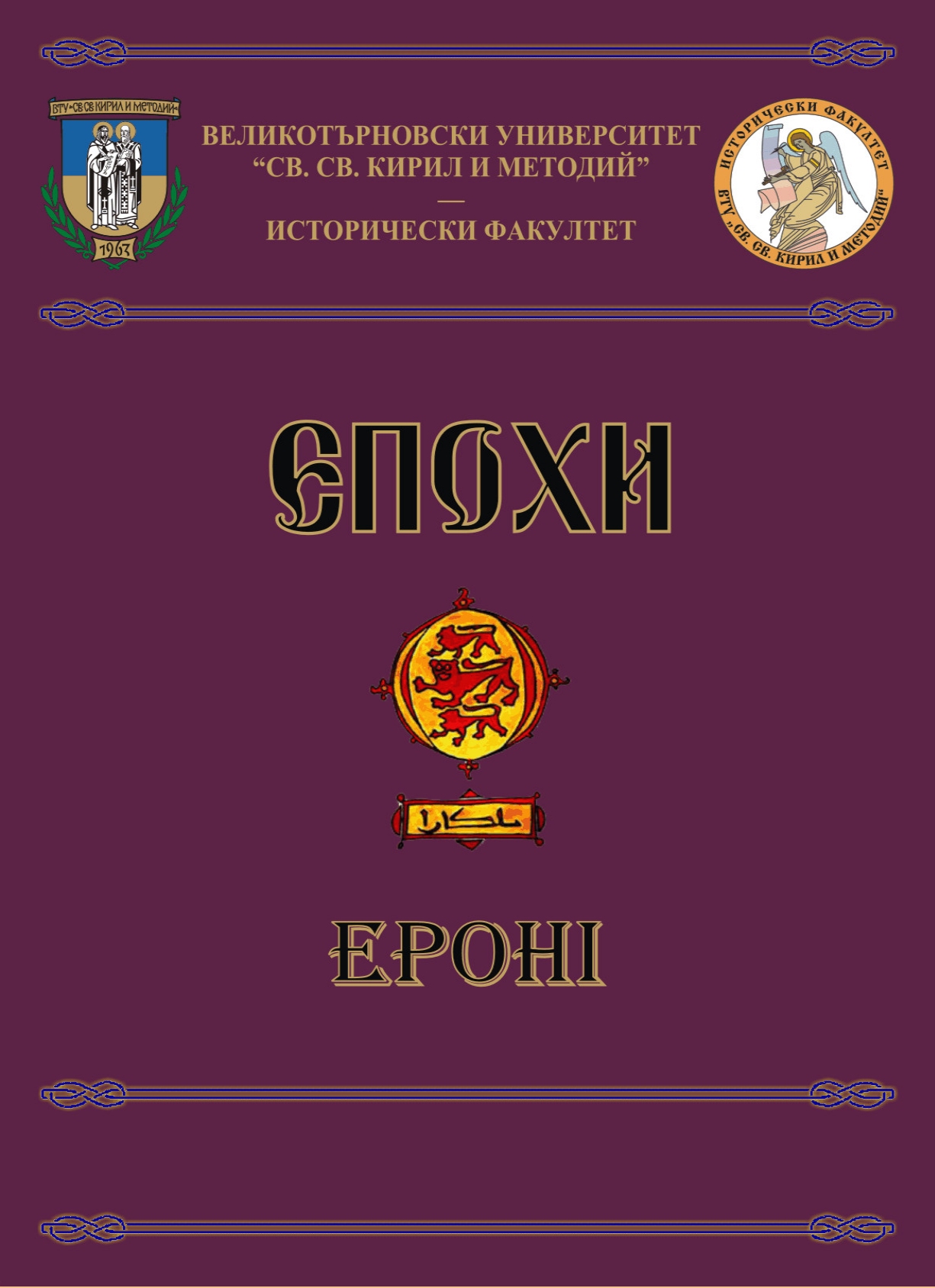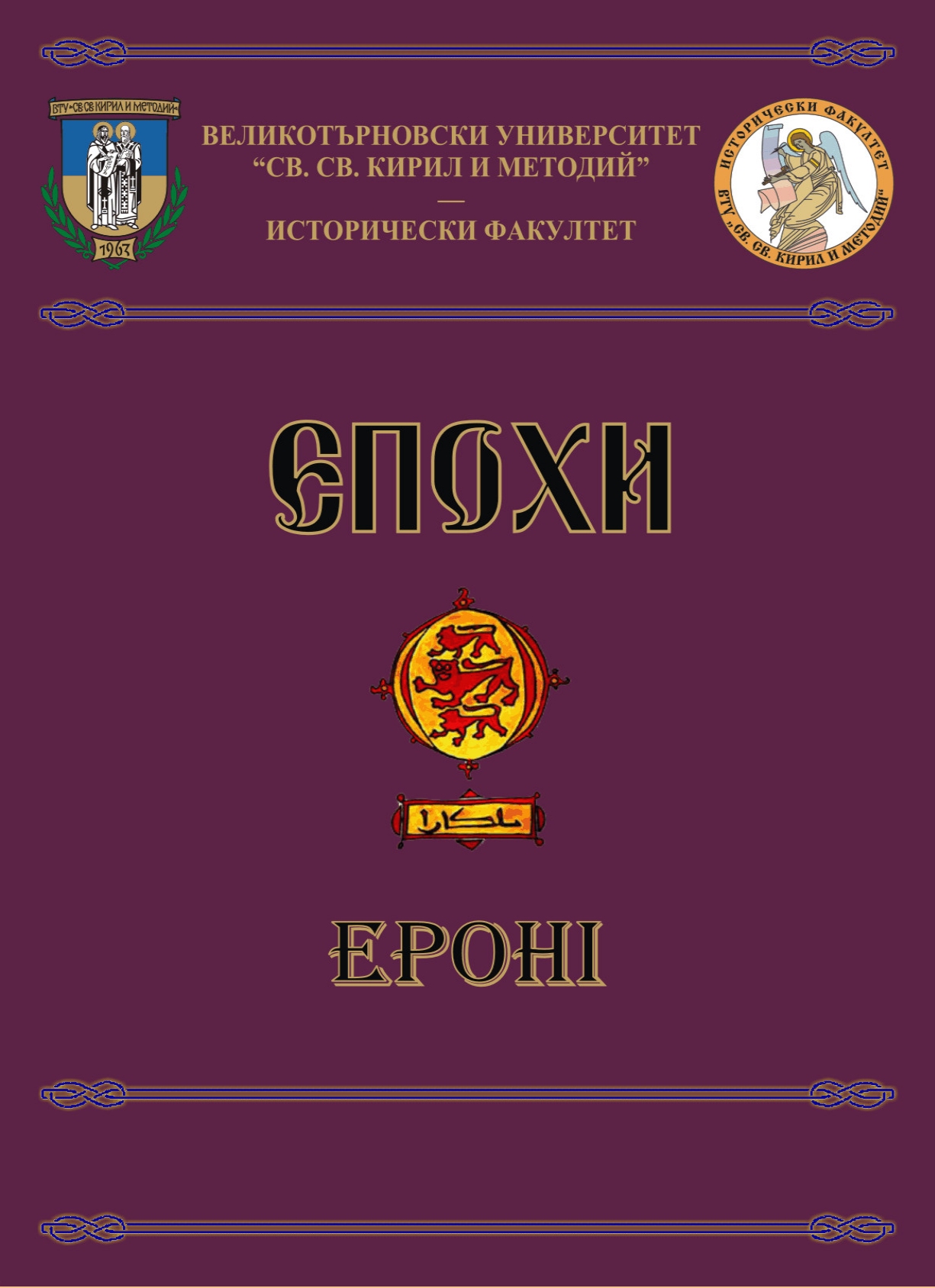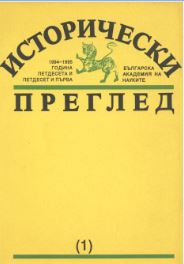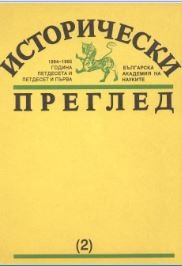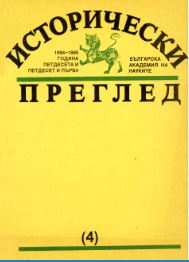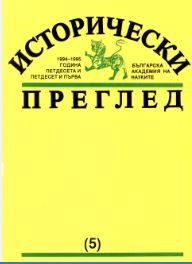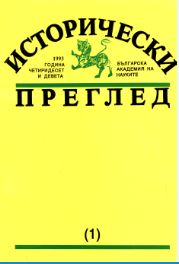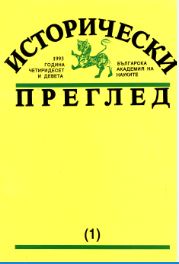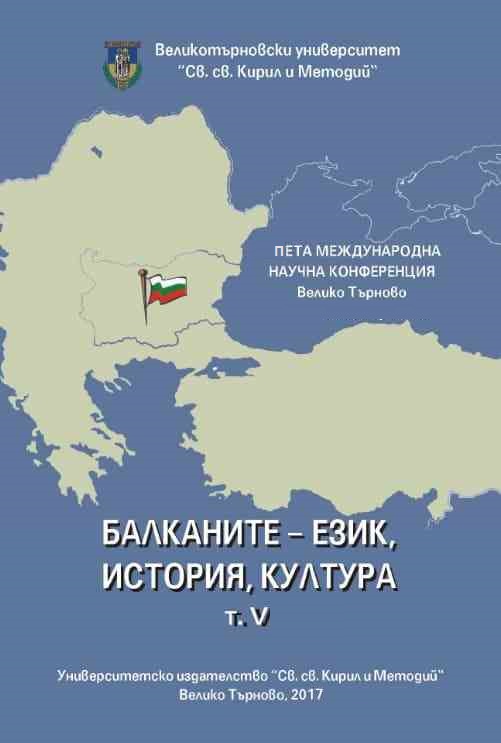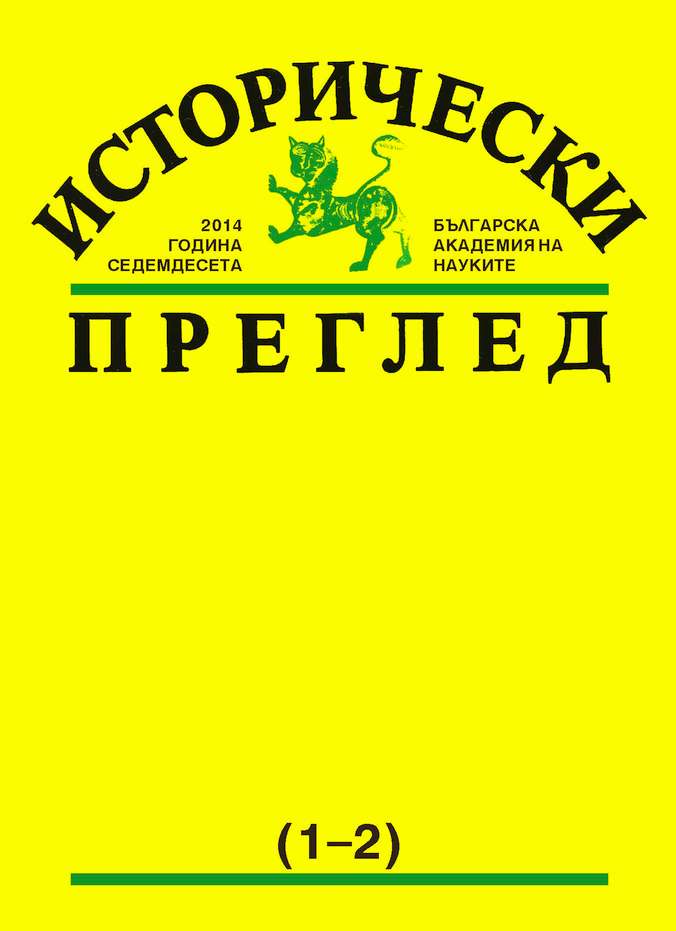
Марко Д. Балабанов и първите стъпки на дипломацията в Княжество България
The article traces the main points of the diplomatic activity of Marko D. Balabanov in the first years of the Principality of Bulgaria (1879–1885). Growing up as a writer, public figure and politician in the period before the Liberation, Balabanov occupied leading positions in the Interim Russian Government (1877–1879) and played a significant role in the work of the Constituent Assembly in Veliko Tarnovo. There he participated actively in the debates on the issue of reunification of the Bulgarian nation divided by the Berlin agreement. When the first Bulgarian government was formed Balabanov was given the post of foreign minister and as such he worked hard to lay the foundations of a new Bulgarian diplomacy. After the fall of the conservative government, he was appointed envoy in Istanbul where he vigorously acted in defense of the Bulgarian national interests and contributed to raising the international prestige of the country. The regime of credentials (1881–1883) interrupted his diplomatic career, but in the second government of Dragan Tsankov (1883–1884) we see him again in the position of Bulgarian Foreign Minister. In those years he contributed in solving all the major foreign policy issues and contributed to the rise and consolidation of the authority of the Bulgarian state on the international arena. Facts and events in the life of Balabanov which are presented in the study give grounds to assert that he played a noticeable and even at times a leading role in the construction of the Bulgarian foreign policy in the period.
More...
